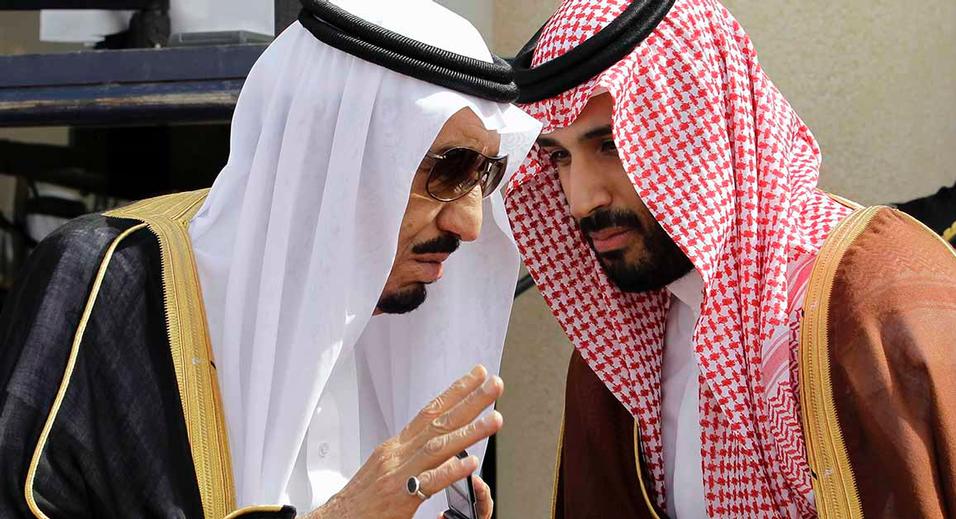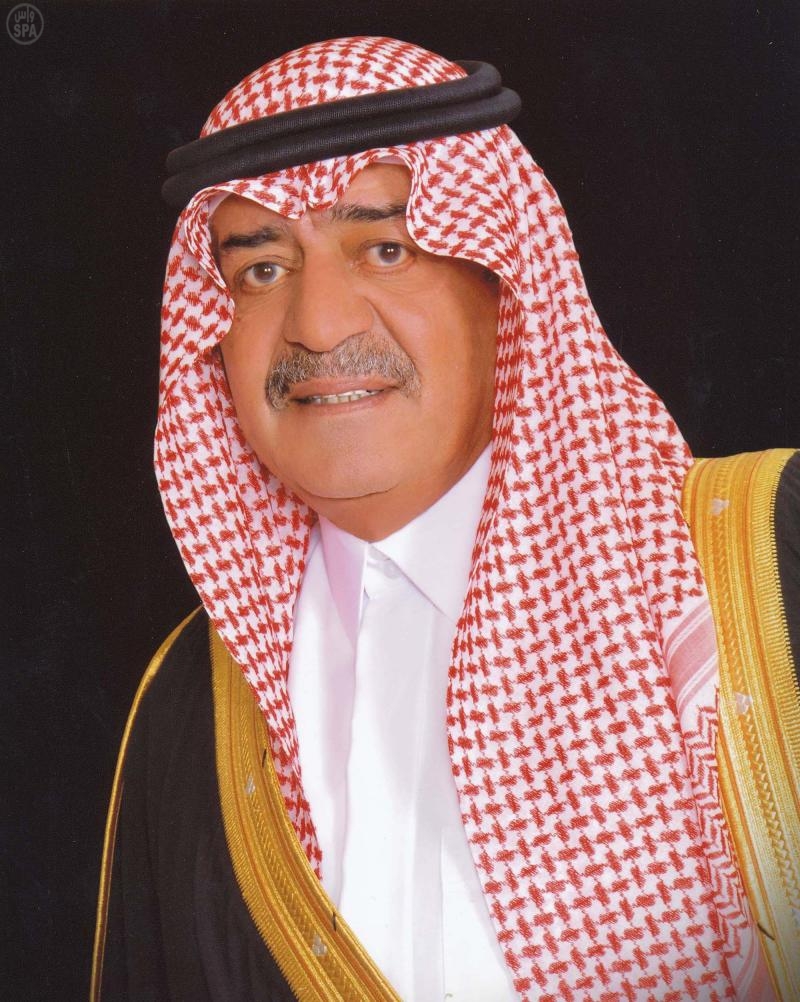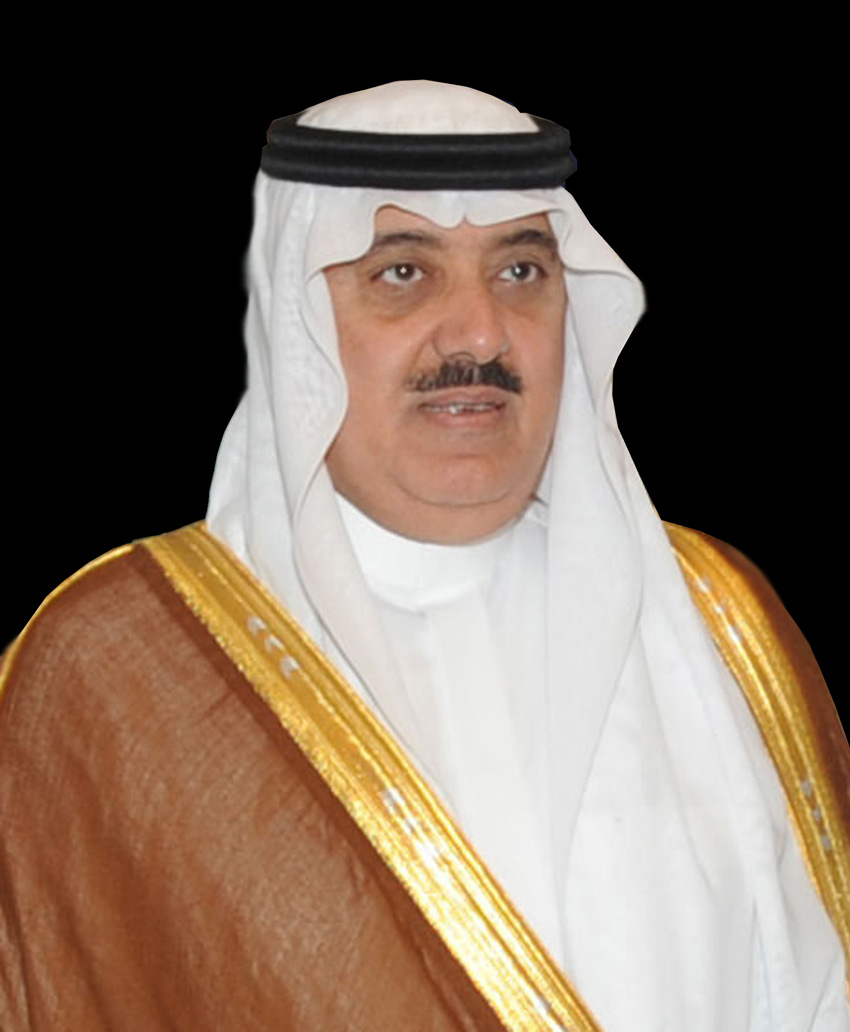
Boyish Reign Instigates in a Moribund Kingdom

Mahmoud Rayya
Some might look at the major changes in the core of the Al Saud family during the past few hours as an act of "fortification" and "modernization" as well as an act to set the path of the transition of leadership from the second generation, which has become outdated to the third generation which is younger and augmented with rejuvenation and evolution.

However, a quick construing of the reality of these changes and what led to it makes it clear that what happened is nothing but an attempt on behalf of the present king Salman Bin Abdul Aziz to push his son Mohammed closer towards the succession of the throne to inherit his position as king.
At this level, King Salman aimed to avoid falling into his late predecessor Abdullah bin Abdul Aziz's mistake when the latter failed to pave the way for his son Mutaib to be his successor; thus Mutaib's opportunities to rule the Saudi throne dissipated.
These facts are confirmed by several indicators that have emerged during the past period suggesting that Mohammed bin Salman is under the limelight as he is the defense minister, the commander of the "Decisive Storm" campaign and its aftermath against Yemen, the head of the Royal Court and the Council of economic and development affairs, a board member of the political and security affairs, and now he is the future crown prince.
Perhaps, the most concerned person now due to the changes that took place is supposed to be the happiest one - that is to say, the present crown prince Mohammed bin Naïf, who was the future crown prince is now theoretically the successor to the throne the instant his uncle passes away taking into consideration King Salman's anticipated death as he is nearing eighty and suffers from a lot of diseases and possibly Alzheimer.
Furthermore, Simon Henderson in his "The Washington Institute" website article described King Salman in the sense that he "can appear confused during his hectic schedule of meetings often with visiting dignitaries."

However, the son of Naïf has the right to be worried since Muqrin's position as a crowned prince is much stronger than the deed of his appointment in that position; unfortunately Muqrin is now completely out of the game and that his "discharge" came upon his request.
Though, this "demand" did not convince many of the sons of the Saudi royal family itself, and this was worded by the famous Mujtahidd who tweeted two days ahead of the overthrow of the former crown prince, "Sultan bin Abdul-Aziz is under pressure by [someone powerful] to take the initiative to step down in a form being agreed upon instead of being relegated by a royal decree."
Nonetheless, it seemed that Muqrin was content with this predestination after the death of King Abdullah who was his greatest supporter. In another blog Mujtahidd posted: "Muqrin does not have any reservations, but Mutaib bin Abdullah warns him of approval as Mutaib is still betting that Muqrin can reinstate him after Salman's death and exclude Mohammed bin Naïf."
Henceforth, this was what happened with Muqrin bin Abdul-Aziz who has a great background in Saudi intelligence and politics and who received an irrefutable pledge from the Saudi regime's "Allegiance Council" - as its members swore that the appointment of Muqrin "may not be in any case amended or altered in any from or by any person whoever he may be, cause or interpretation".
When in fact, he was now forced to retire in an impudent manner; what then would be the fate of Mohammed bin Naïf when the current king decides to make his fresh-faced son his direct successor overthrowing the son of Naïf and forcing him in turn to retire?

The Disintegration of the Ruling Family
What we should consider is that what happened in Saudi Arabia tonight confirmed that the country is moving towards a "boyish reign" and not regeneration in power.
In his speech concerning the Saudi aggression on Yemen, the leader of the Islamic Revolution His Eminence Imam Sayyed Ali Khamenei described those in control of Saudi politics today as a group of "inexperienced youth."
Furthermore, Henderson, who chose the phrase as the title of his "The Washington Institute" article, saw that "Imam Khamenei means Mohammed bin Salman more than any other by that expression."
Mohammed bin Salman has now become the most powerful man in the Saudi regime which symbolizes a great paradox, as Henderson, in his article mentions that "in most countries, the military commander or defense minister who does not achieve a clear result becomes a political victim."
Thus, the American researcher intended the apparent Saudi failure in its aggression against Yemen which was personally led by Mohammed bin Salman; considering that "if this does not happen in Saudi Arabia, King Salman may find himself under pressure by senior princes to make a more substantial change."
Accordingly, Henderson should be surprised today as he sees the changes he had anticipated were in an opposing course to history - as is everything in the Wahhabi kingdom - so Mohammed bin Salman acquires the highest position and sets foot on the path to the throne rather than be forced to retire or trialed for dragging his country to defeat just as how it happens naturally in the world.
Consequently, the question remains, will this phase pass peacefully amidst the shattered and depleted royal Saudi family, as Mohammed bin Salman attaining his dream in eliminating all obstacles, or will this phase cause the conglomerate of the affected princes to burst out, thus leading to the disintegration of the ruling family and the instigation of a new phase in the history of the Arabian Peninsula?
Source: al-Ahed News, Translated and edited by website team



